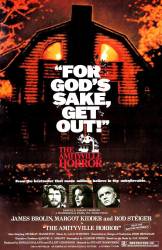
Question: Who did the demonic voice that told the priest blessing the house to get out?
Answer: George Lutz.
How was it accomplished?
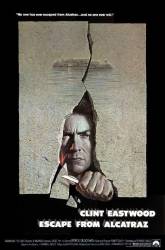
Question: When Frank is delivering books to inmates' cells, he reaches D block, but a guard stops him, and tells him they are not allowed in those cells. Were books really disallowed in D block cells?
Answer: Those were the solitary confinement cells, with no light and no luxuries of any kind. So yes, they did not allow inmates on that block to have books.
This is inaccurate as a light in each cell was turned on at 6:30 every morning in solitary confinement at Alcatraz.
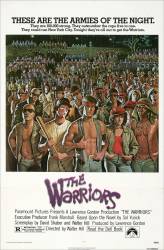
Question: Instead of trying to murder them, why didn't the Lizzies simply contact the Riffs and tell them they had 3 of the warriors and to come get them? They had plenty of time.
Answer: The Riffs had put out a hit on the Warriors via the radio DJ, meaning that it didn't matter if the Warriors were taken alive or not; the Lizzies probably figured it would be easier simply to kill the Warriors and collect the reward.
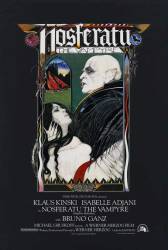
Question: According to Werner Herzog, the rats that appear in the film behaved better than Klaus Kinski during the shoot. Is this true?
Answer: True, though the rats comment was deliberate hyperbole. Kinski suffered from mental illness much of his life. He was often volatile, erratic, disruptive, and sometimes violent on movie sets. Kinski and Herzog had a long professional collaboration but also a friendship pre-dating Herzog's directing career. Otherwise, though Herzog admired Kinski's talent, he probably would never have tolerated working with him; he is the only director who worked with him more than once. Herzog did a documentary about Kinski after his death, which included footage of his on-set rants. Clips are on YouTube.
Moreover, Herzog was initially reluctant to hire Kinski in Fitzcarraldo movie because he was afraid that Kinski would go "totally bonkers" if trapped in the Amazon for any length of time, and his fears proved to be well-founded.
To correct a slight factual error in the answer: Director Alfred Vohrer worked on more movies with Kinski than Herzog did.

Question: Would anyone happen to know what song is playing in the background on the radio beside the intelligence officer sitting at the bar when Martin Sheen enters the Generals trailer and is being interviewed by Harrison Ford for the first time?
Answer: It's not any specific song; it's just the kind of generic piano music you'd hear at dinner at a high-class restaurant of the era. Think of scenes in movies, films, etc. set or made in the '50s and '60s, where the characters go to a nice dinner and there's someone at the piano playing unobtrusive music to accompany the food/conversation.
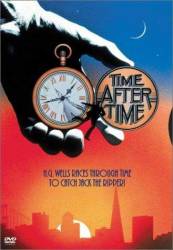
Question: When Amy goes back in time to live with H.G. Wells, why did she choose to change her name to Susan B. Anthony?
Answer: She was joking, but it seems to imply that she intends to influence his political views regarding socialism, global war, women's rights, etc. which the real H.G. Wells wrote about.
Also, H.G. Wells' second wife was named Amy Robbins, the same name as the Amy in the film, which would further indicate she did not change her name to Susan B. Anthony.
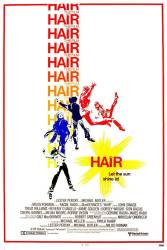
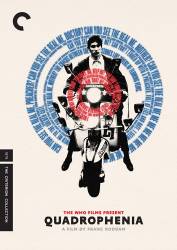
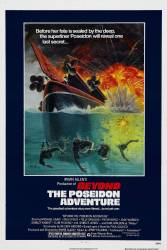
Answer: Yes.
Tobin OReilly